Educational program for the knowledge and participation of parents of children with autism in a clinic in Piura, Peru
DOI:
https://doi.org/10.20453/rhr.v2023i1.5036Keywords:
occupational therapy, knowledge, participation, autismAbstract
Object: Determine the effectiveness of an educational program for knowledge and participation of parents of children with autism in a clinic of Piura during the year 2022. Material and methods: Quantitative approach, quasi-experimental design of pre and post-test type of a single group, longitudinal and prospective cut-off. A sociodemographic form, a questionnaire to determine the level of knowledge parents of children with autism have about its conditions, and an observation checklist to describe the participation of parents in treatment were used. The Wilcoxon sign-rank test (1-tailed), McNemar’s test, and Hedges’ g test were used. Results: The age of the parents ranged from 20 to 38 years, within which 80 % (n = 16) were mothers and 20 % (n = 4) were fathers. Regarding the level of knowledge, it was found that the data before and after the program were not homogeneous (before: Me = 13 vs. after: Me = 15), showing a statistical difference (p < 0.001); as well, a highly significant effect was obtained (g > 1.2). Regarding the level of participation, a positive difference was observed in the adequate level of participation, finding statistical significance (p < 0.05). Conclusions: Participants obtained better scores on the post-test. In general, the educational program significantly increased the knowledge and participation of parents of children with autism. Concerning each dimension of the variables, variations in the scores were obtained; however, there was only a significant statistical difference in the dimension of rehabilitation activities.
Downloads
Downloads
Published
How to Cite
Issue
Section
License
All articles published in the Revista Herediana de Rehabilitación are under a Creative Commons Reconocimiento 4.0 International license.
The authors retain the copyright and grant the journal the right of first publication, with the work registered with the Creative Commons License, which allows third parties to use what is published whenever they mention the authorship of the work, and to the first publication in this magazine.
Authors can make other independent and additional contractual agreements for the non-exclusive distribution of the version published in this journal, provided they clearly indicate that the work was published in this journal.
The authors can file in the repository of their institution:
The research work or thesis of degree from which the published article derives.
The pre-print version: the version prior to peer review.
The Post-print version: final version after peer review.
The definitive version or final version created by the publisher for publication.
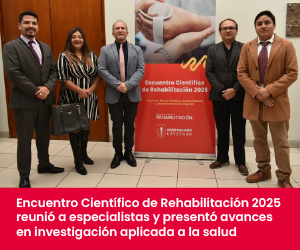
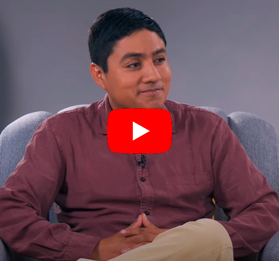





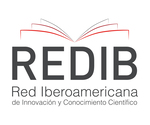
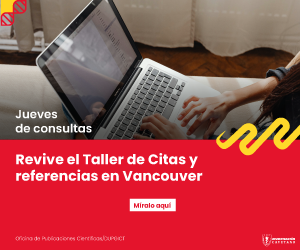
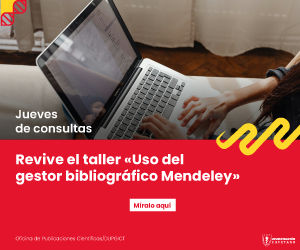
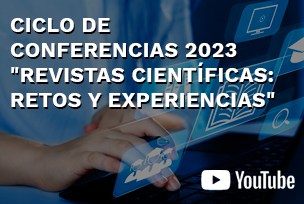
 Esta obra está bajo una
Esta obra está bajo una 